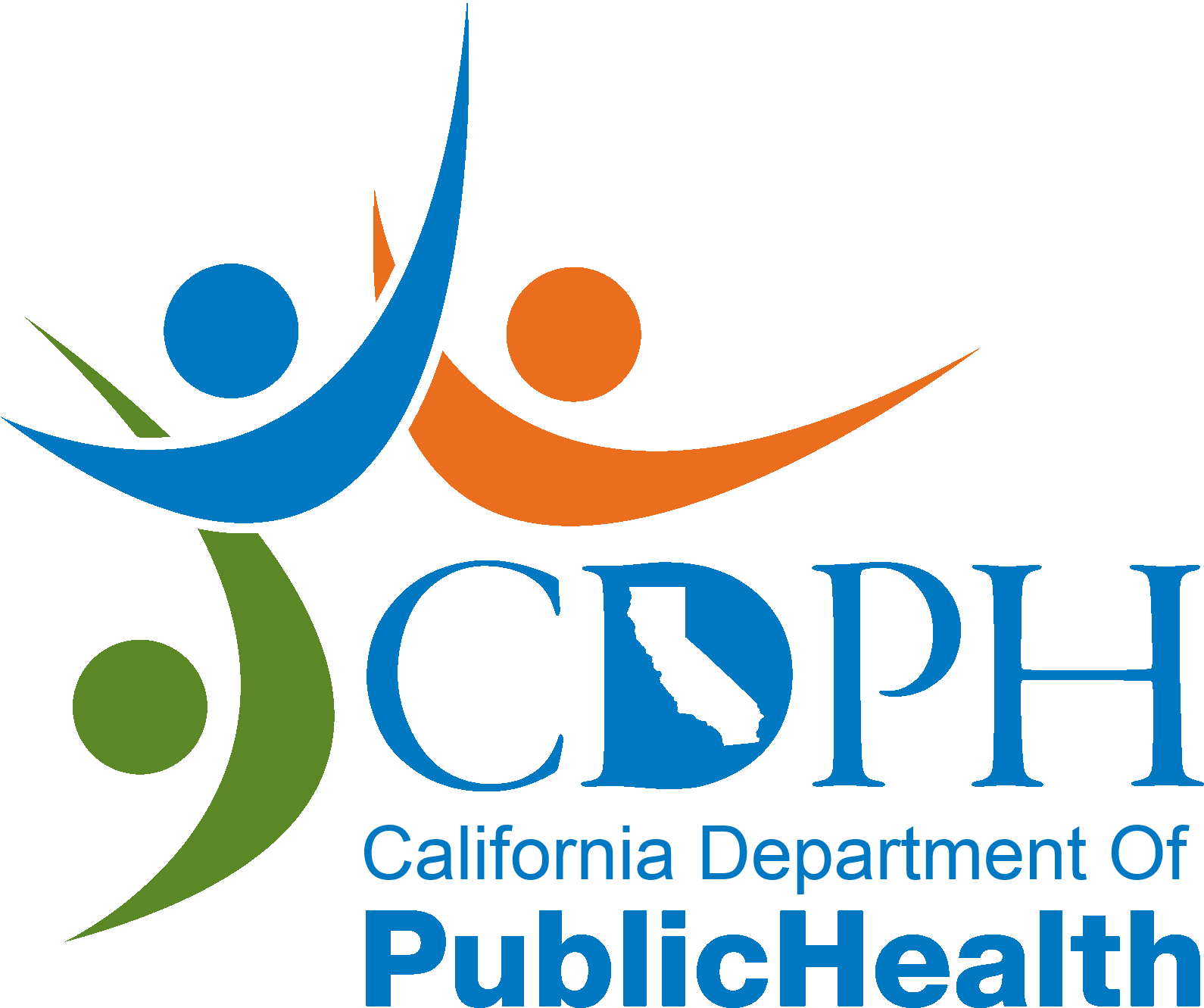Many things need to be considered when choosing the most appropriate contraceptive (birth control) method. These include safety, effectiveness, accessibility, affordability, and acceptability. There are many contraceptives for preventing pregnancy, but it is important to remember that none of them can prevent pregnancy 100% of the time. The only way to prevent pregnancy 100% of the time is to abstain from sexual activity. It is important for you to recognize that YOU are the one in control of whether you are ready for sexual activity, it is your decision and yours alone. Although you may feel pressured by friends or a significant other, be empowered to decide for yourself if you are ready for the physical, emotional, and spiritual risks that come with engaging in sexual activity.
Let’s take a look at some of the most commonly used forms of birth control and their effectiveness at preventing pregnancy as determined by the CDC (Centers for Disease Control and Prevention) based on typical use. Some of these results may surprise you!
- The male condom prevents pregnancy 82% of the time, meaning 18 in 100 women will get pregnant even when a male condom is used.
- Combined oral contraceptives or “The Pill” is effective 91% of the time, meaning that, while taking the pill, 9 in 100 women will become pregnant.
- Depo Provera or “The Shot” prevents pregnancy 94% of the time, meaning 6 in 100 women will still get pregnant.
- The various forms of IUD (Intrauterine Device) have an average effectiveness of 99%. There is a risk of developing ovarian cysts with this method. Less common but serious risks include pelvic inflammatory disease and the IUD being expelled from the uterus or going through the wall of the uterus.
- Emergency Contraception or “The Morning After Pill” is NOT a regular method of birth control. Emergency contraception is meant to be used only when your regular birth control does not work for some unexpected reason.
Although hormonal contraceptives and IUDs prevent pregnancy at varying percentages, they do not protect against STIs and STDs, including HIV. The only two contraceptives that offer protection from STIs and STDs are male condoms and female condoms.
The key takeaway is for you to know that none of the above mentioned forms of birth control are 100% effective in preventing pregnancy, so you are always at risk of getting pregnant when you are sexually active.
If you are sexually active or considering being sexually active, Options Health is a safe place where you can confidentially come and discuss sexual health, pregnancy, and relationship issues with one of our client advocates. Feel free to contact us today to take advantage of our free services, including pregnancy testing, ultrasounds, STD/STI testing and treatment, and after abortion counseling.
Call to schedule an appointment at Options Health at 925-827-0100 or book online. We are here for you and ready to help!
Sources cdc.gov, womenshealth.gov



